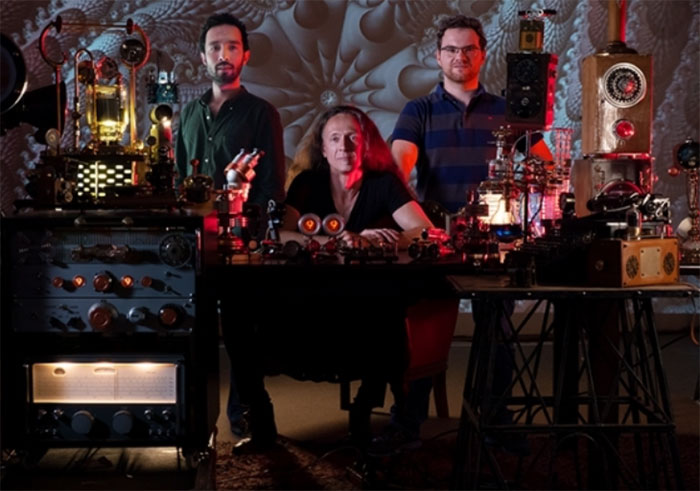Australian researchers have demonstrated that it is possible to develop a “quantum computer that operates almost error-free”, opening up hopes for the development of devices using silicon chips compatible with current semiconductor manufacturing technology.
The research was conducted by scientists at the University of New South Wales (UNSW) and was published in the scientific journal Nature on January 20.

Scientists at the University of New South Wales conduct research to develop quantum computers that operate with 99% accuracy. (Photo: UNSW)
Unlike digital computers, quantum computers operate based on the principles of quantum mechanics to process input data. Quantum computers have the capability to process information exponentially (according to the number of qubits – the unit of quantum computers), which is significantly faster than digital computers. Just by increasing a small number of qubits, the information processing capacity of the computer can increase many times over.
However, in practice, adding qubits must ensure that there are no errors during the occurrence of quantum entanglement – an effect in quantum mechanics where the quantum states of two or more objects are interconnected, and just a few small errors in calculations can lead to all efforts being able to “vanish.”
Professor of Quantum Engineering at UNSW and co-author of the research, Andrea Morello, stated that the study shows that creating quantum computers with sufficient scale and power to perform meaningful calculations is entirely feasible. According to Morello, this research has demonstrated that the operation of quantum computers can achieve an accuracy of up to 99%. At that point, errors can be easily detected and corrected whenever they occur.
In an interview with the press, Morello mentioned that before achieving this breakthrough, the error rate of quantum computers with silicon chips was a very serious issue. Efforts to fix errors often only exacerbated the problems.
Morello has demonstrated that it is possible to store quantum information in silicon chips for 35 seconds. According to Professor Morello, in the quantum world, “35 seconds is eternity”. In comparison, in Google’s and IBM’s superconducting quantum computers, the lifespan is about 100 microseconds—nearly a million times shorter. However, in return, isolating qubits makes them seemingly unable to interact when necessary to perform practical calculations. Nature magazine revealed that the UNSW team of scientists addressed this issue by using an electron that includes two nuclei of a phosphorus atom.
He affirmed that this result means that humanity now has the capability to create larger and more powerful quantum computers, as additional qubits can help correct rare errors.
Professor Morello indicated that this result will lay the groundwork for the next project, which involves designing a silicon quantum processor to scale up and operate accurately for useful computations.


















































